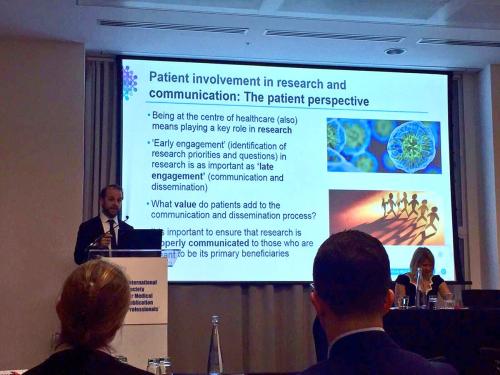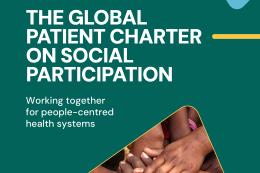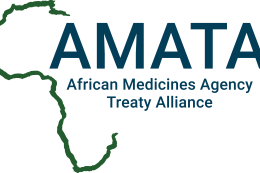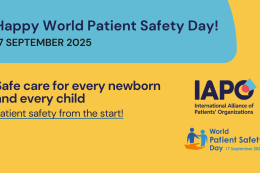Patient involvement in research: IAPO at ISMPP Europe

On Wednesday 24th January 2018, Antonio Ciagalia, IAPO's Policy Manager represented IAPO at the 2018 European Meeting of the International Society of Medical Publication Professionals (ISMPP) where he joined a multi-stakeholder panel within which a stimulating discussion took place around the topic of how to best involve patients in research communication, and more generally, throughout the entire research process.ISMPP is a global organisation bringing together medical publication professional with the aims of enhancing transparency and integrity in medical publications and improving standards and best practices.
This topic places itself at the top of the advocacy agendas of many patients’ organizations, including IAPO. The call for better, higher-quality, and meaningful patient involvement in research is deeply rooted in IAPO’s vision of patient centricity. At the 7thGlobal Patients Congress, which took place in London in 2016, one of the strongest messages coming across from our global community of members was: we can and want to be more than just research participants. We want to be enabled to co-lead and shape research processes. This conversation will be continued and advanced this year at the 8th Global Patients’ Congress, which will be held on 24th to 26th May 2018 in Miami, Florida (USA).
Why would patients want to advocate for more and better involvement in research? What is the role they think they may play? While there is no univocal answer for these questions, some points can nonetheless be raised. First, properly communicating and disseminating research is as important as doing good research. If it is true that patients are to be the first to benefit from research advancements, then they must be put in the appropriate conditions for understanding and making sense of research breakthroughs. Patients believe that research outputs should not exclusively be aimed at fellow researchers or the general scientific community, as seems to be the case to date. Rather, these outputs should also be crafted and shaped in such a way as to make them legible and decipherable by those whose lives are meant to benefit the most from them, namely patients.
Key questions that patients would like to see answered are: how does/can research translate in clinical practice? In what way can this research practically improve our daily lives? In this respect, no-one is better positioned than patients to input on the practical implications of living with a condition, and on how the burden caused by this condition can be reduced thanks to research achievements. For this reason, creating realistic and feasible opportunities for patient involvement in research communication means making an extra, decisive effort towards bridging the gap between research and practice. A more structured and strong involvement of patients in research communication (as authors, for example, or reviewers) can provide researchers with an opportunity to gain unique insights about the relevance and impact of the research they conduct.
As a final remark, another important point was touched on at the ISMPP Meeting. It is true that patients must try and equip themselves as much as possible with the knowledge, tools, and skills that are needed to make a meaningful contribution to research communication. In other words, they must become better able to seize the opportunity when they face one. However, these opportunities must be created first. This is why successful patient involvement does not depend on patients only. It is rather the fruit of the joint occurrence of two conditions: patients’ advocacy and research abilities and healthcare stakeholders’ willingness and commitment to partner with patients. Patients are ready to be involved. We hope our partners are ready too.



